Economy Design Jobs in the Video Game Industry: The Ultimate Quick Guide
Introduction
The video game industry offers a myriad of exciting career opportunities for talented individuals, one of which is economy design. Economy designers play a crucial role in creating immersive and engaging virtual worlds, by designing and balancing in-game economies. This article will delve into the roles and responsibilities of an economy designer, the skills and qualifications needed, and tips for pursuing a successful career in this niche field.
The Significance of Economy Design in Video Games
In-game economies are an integral aspect of many video games, particularly in massively multiplayer online (MMO) and role-playing games. Economy designers are responsible for creating systems that govern the flow of resources, currency, and trade within the game, shaping player behavior and ensuring a balanced and enjoyable experience. Well-designed in-game economies can greatly enhance a game's appeal, contributing to its longevity and overall success.
Key Responsibilities of an Economy Designer
Designing Economic Systems: Economy designers develop the systems and rules that dictate the flow of resources, goods, and currency within the game world. This includes designing systems for crafting, trading, and acquiring items, as well as creating mechanics that encourage player interaction and cooperation.
Collaborating with Game Designers: Economy designers work closely with other game designers to ensure that economic systems fit seamlessly into the overall game design, enhancing the gameplay experience and supporting the game's narrative.
Balancing and Tuning: Ensuring that in-game economies are balanced and fair is a vital aspect of economy design. Designers must fine-tune resource distribution, item pricing, and other economic elements to maintain a stable and enjoyable gameplay experience.
Prototyping and Testing: Economy designers create prototypes of their designs to test the functionality and balance of economic systems, iterating and refining based on feedback and testing results.
Documentation: Clear and concise documentation is essential in economy design, as it helps communicate the designer's ideas and intentions to the rest of the development team, ensuring a cohesive vision for the game's economic systems.
Essential Skills for Economy Design Careers
Technical Knowledge: Economy designers must possess a strong understanding of game design principles and be familiar with game development tools and programming languages.
Analytical Skills: Economy design requires a deep understanding of complex systems and an ability to analyze and adjust various economic elements to achieve balance and stability.
Creativity: Successful economy designers are highly creative, able to develop unique and engaging economic systems that enhance the gameplay experience.
Communication Skills: Effective communication is essential for economy designers, as they must collaborate with various team members and convey their ideas and design concepts clearly.
Adaptability: The video game industry is constantly evolving, and economy designers must be prepared to adapt their skills and knowledge to stay relevant and successful in the field.
Education and Experience
While there is no specific degree requirement for economy design positions, having a bachelor's degree in game design, economics, or a related field can be advantageous. Additionally, hands-on experience in game development, particularly in designing and balancing economic systems, is highly valuable. You can get this experience via internships, part-time opportunities, or by taking on freelance contracts found on Hitmarker and other platforms.
Strategies for Pursuing a Career in Economy Design
Develop Your Portfolio: Create a portfolio showcasing your economy design projects, including prototypes, design documents, and examples of your work in completed games. This will demonstrate your understanding of economic systems and your ability to create balanced and engaging in-game economies.
Network: Establish connections with industry professionals by attending events, participating in online forums, and engaging with social media groups. Networking can lead to job opportunities, collaborations, and valuable insights into the industry.
Gain Experience: Seek internships, part-time jobs, or take on freelance work via our platform, or collaborate on indie game projects to gain hands-on experience in economy design. This will not only improve your skills but also help you build a network and a strong resume.
Stay Informed: Keep up with industry news, trends, and developments by reading articles, attending webinars, and participating in online discussions. Continuously improve your skills and broaden your knowledge by enrolling in courses, workshops, or attending industry events.
Be Persistent: Breaking into the video game industry can be challenging, but persistence is key. Keep refining your skills, learning from feedback, and enhancing your portfolio to increase your chances of success.
Conclusion
Economy design jobs in the video game industry offer numerous opportunities for individuals with a strong understanding of game design principles and a passion for creating immersive and engaging virtual worlds. By building a robust portfolio, networking, finding ways to gain professional experience on Hitmarker, and staying informed about industry trends, aspiring economy designers can forge a successful and fulfilling career in this dynamic and creative field.
-
 Landing a Summer Internship in the Video Game Industry: The Ultimate Quick Guide
Landing a Summer Internship in the Video Game Industry: The Ultimate Quick Guide -
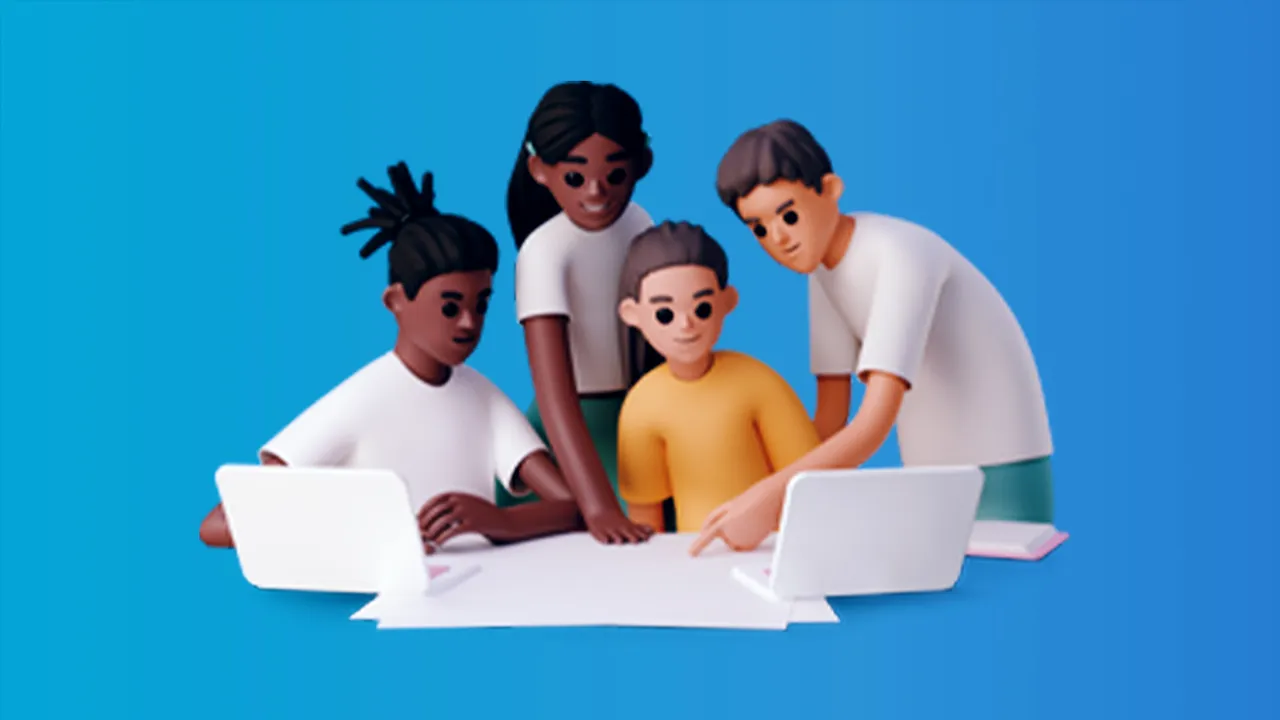 Entry-level Jobs in the Video Game Industry: The Ultimate Guide
Entry-level Jobs in the Video Game Industry: The Ultimate Guide -
 Junior-level Jobs in the Video Game Industry: The Ultimate Guide
Junior-level Jobs in the Video Game Industry: The Ultimate Guide -
 Intermediate-level Jobs in the Video Game Industry: The Ultimate Guide
Intermediate-level Jobs in the Video Game Industry: The Ultimate Guide -
 Senior-level Jobs in the Video Game Industry: The Ultimate Guide
Senior-level Jobs in the Video Game Industry: The Ultimate Guide -
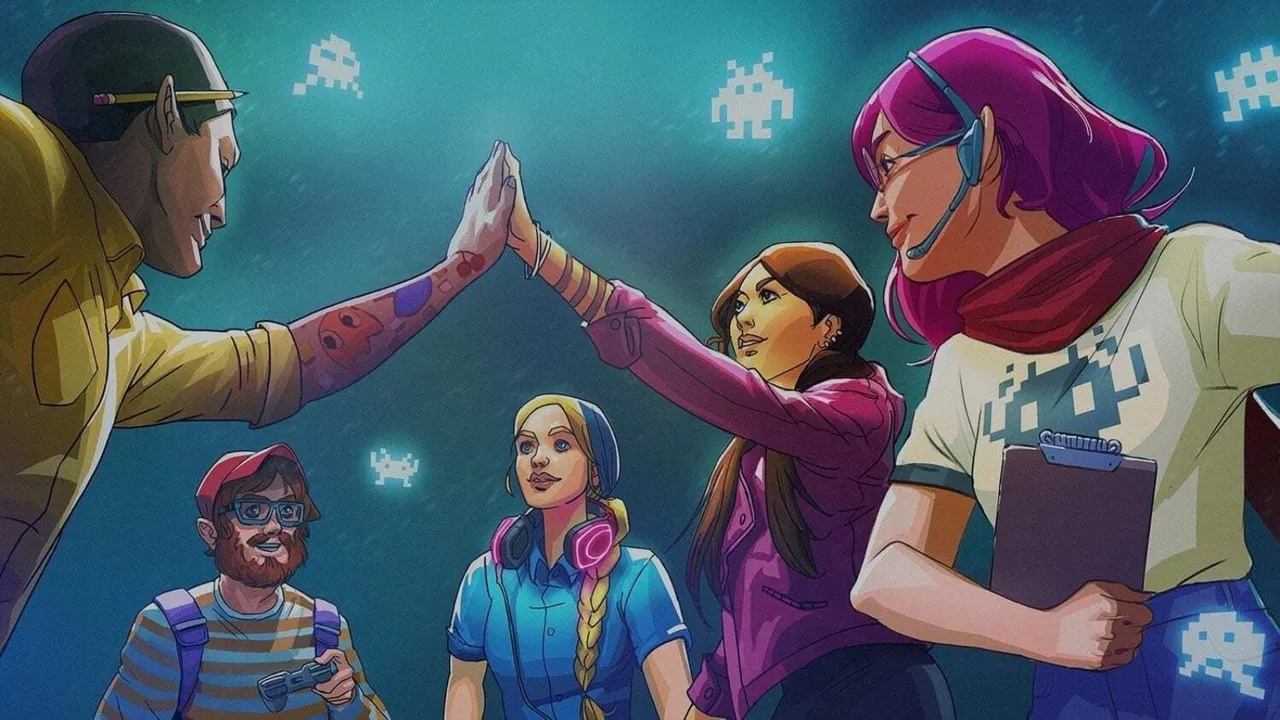 Getting into gaming: Strategies for landing your first game development job with Katherine Mould of Keywords Studios
Getting into gaming: Strategies for landing your first game development job with Katherine Mould of Keywords Studios -
 Art and Animation Jobs in the Video Game Industry: An Overview
Art and Animation Jobs in the Video Game Industry: An Overview -
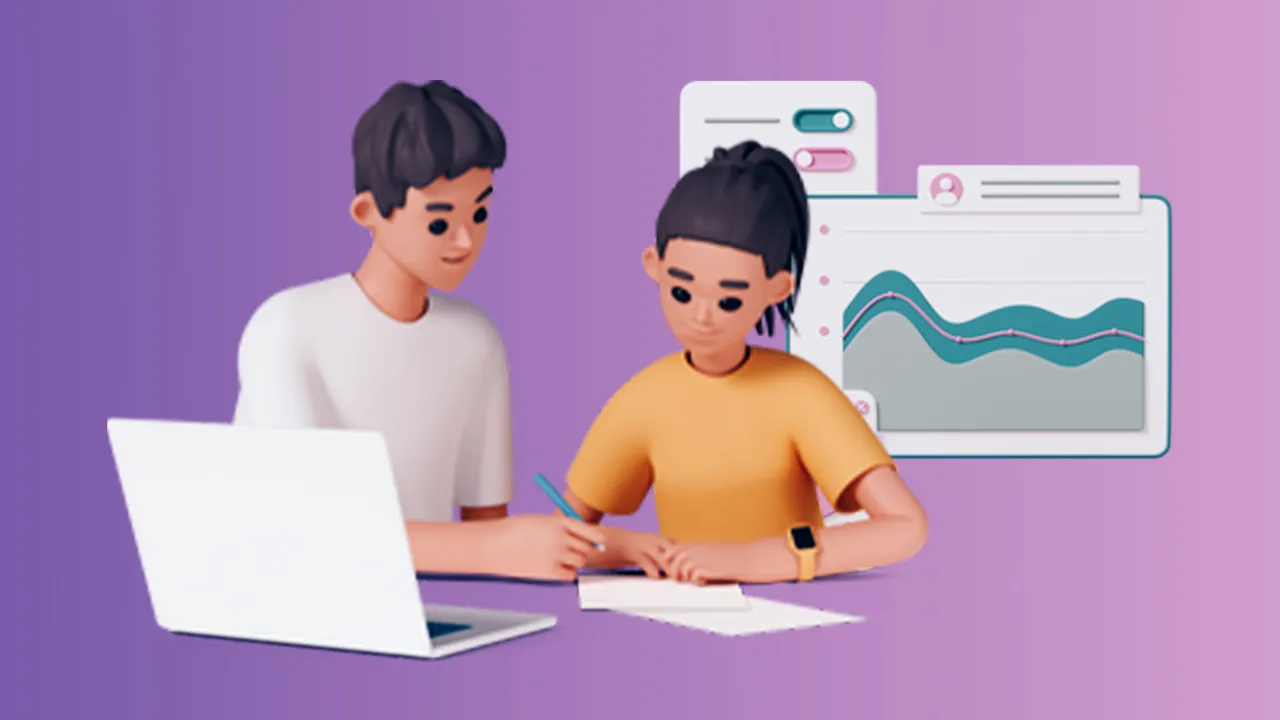 Business Operations Jobs in the Video Game Industry: An Overview
Business Operations Jobs in the Video Game Industry: An Overview -
 Communications and Marketing Jobs in the Video Game Industry: An Overview
Communications and Marketing Jobs in the Video Game Industry: An Overview -
 Content Creation Jobs in the Video Game Industry: An Overview
Content Creation Jobs in the Video Game Industry: An Overview -
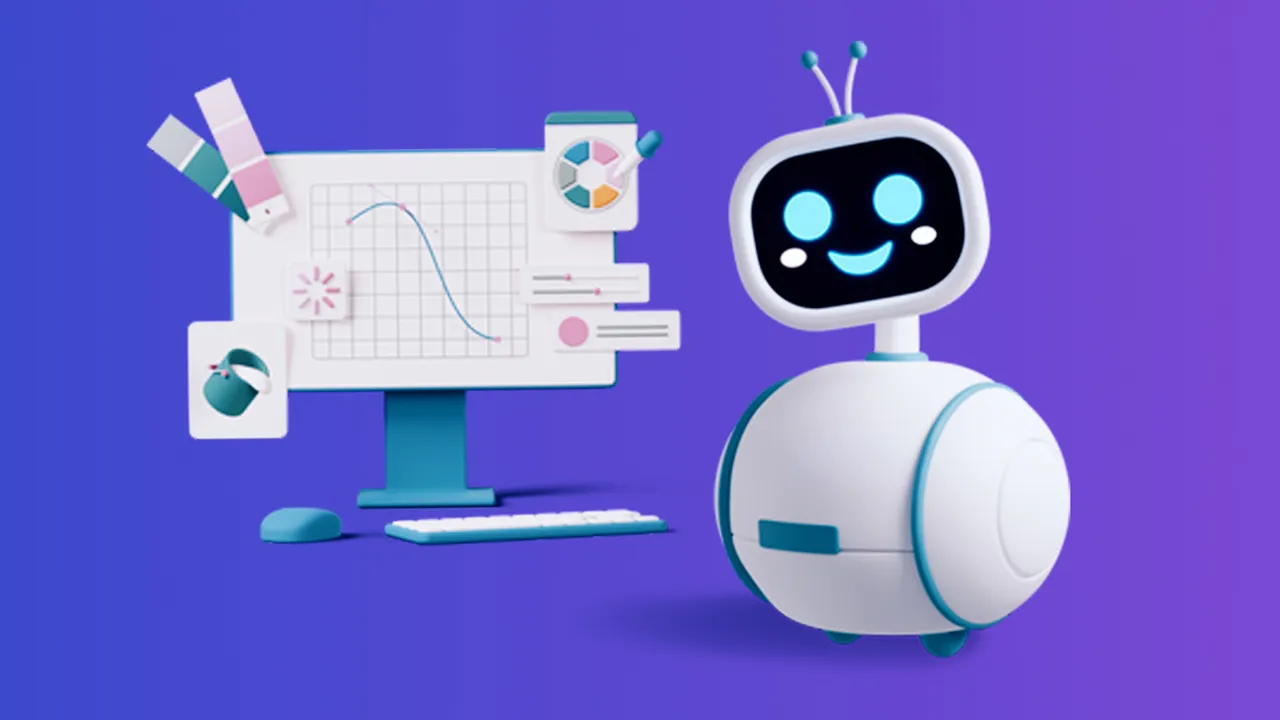 Game Design Jobs in the Video Game Industry: An Overview
Game Design Jobs in the Video Game Industry: An Overview -
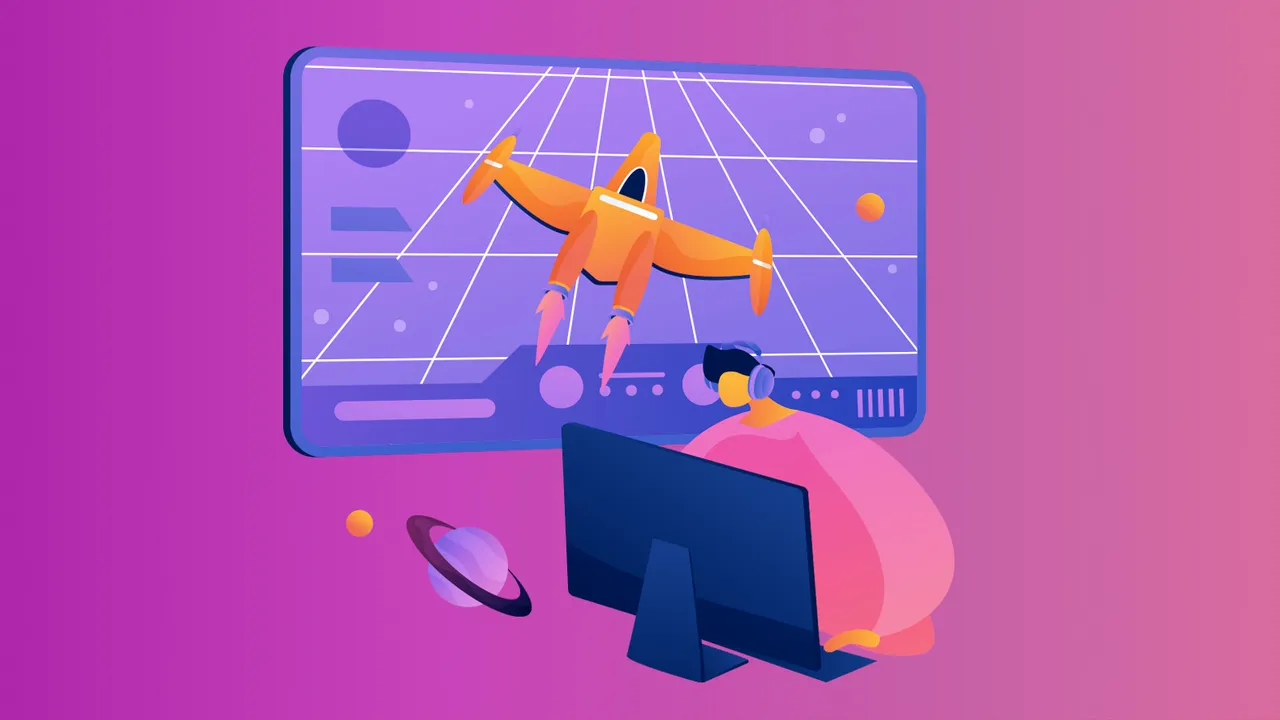 Game Development Jobs in the Video Game Industry: An Overview
Game Development Jobs in the Video Game Industry: An Overview